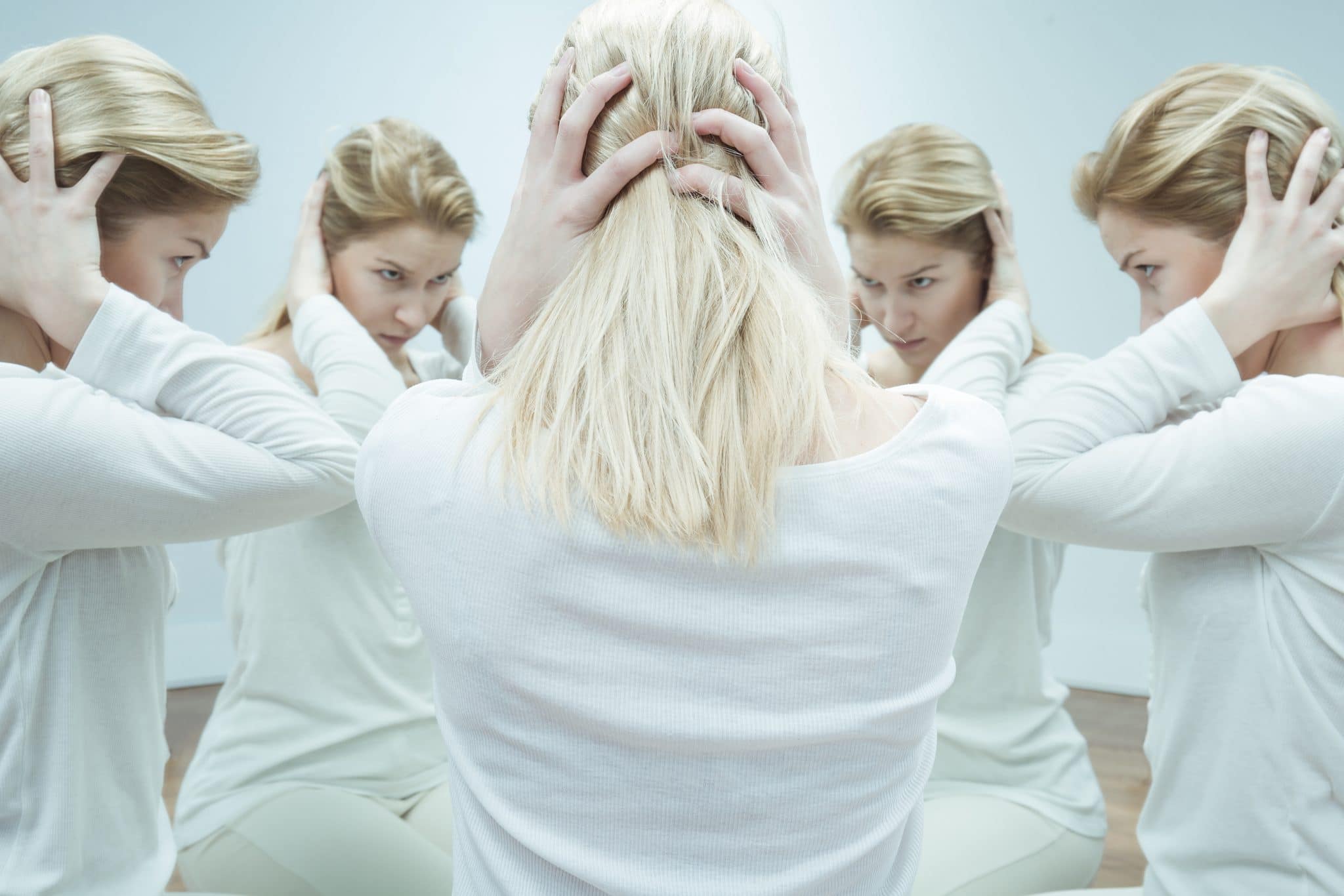4 Reasons for Vertigo and How to Find Help to Cope

 Vertigo is a spinning sensation. You may feel as if you are spinning, or the things around you may seem to be spinning. This can happen briefly and go away, or it may happen continuously, lasting for longer periods of time. The source of vertigo is the inner ear, which is responsible for your balance and orientation within your surroundings. So, you may wonder why vertigo happens, and if there is anything to be done for it.
Vertigo is a spinning sensation. You may feel as if you are spinning, or the things around you may seem to be spinning. This can happen briefly and go away, or it may happen continuously, lasting for longer periods of time. The source of vertigo is the inner ear, which is responsible for your balance and orientation within your surroundings. So, you may wonder why vertigo happens, and if there is anything to be done for it.
Four Conditions That Bring About Vertigo
- Benign paroxysmal positional vertigo: This is the most common type of vertigo and is triggered by head or neck movement or standing up too quickly. It is common for this to begin after you have been injured.
- Meniere’s disease: Known for ringing in the ears, a feeling of fullness in the affected ear, and hearing loss, it usually affects people in the 40 – 50 age range.
- Vestibular Neuronitis: Usually brought about by a cold or the flu, this condition can also cause hearing loss and ringing in the ears. It is due to an inflammation of the inner ear or vestibular nerve.
- Labyrinthitis: Due to allergies, respiratory infections, the flu, bacteria, or other viruses, it is an irritation or swelling of the inner ear and can lead to hearing loss.
Victims of Vertigo Find Relief
Vertigo can be difficult and scary to deal with. Many times it can be connected to a misalignment in the bones of the upper cervical spine. If either the C1 or C2 vertebra moves out of alignment just slightly, it can put undue pressure on the brainstem, causing it to send improper signals to the brain about the body’s location. This can lead to symptoms associated with vertigo.
Here at Asbury Family Chiropractic in Dubuque, IA, we use a gentle method that naturally encourages the vertebrae to realign, restoring communication and leading to an improvement in vertigo symptoms.

